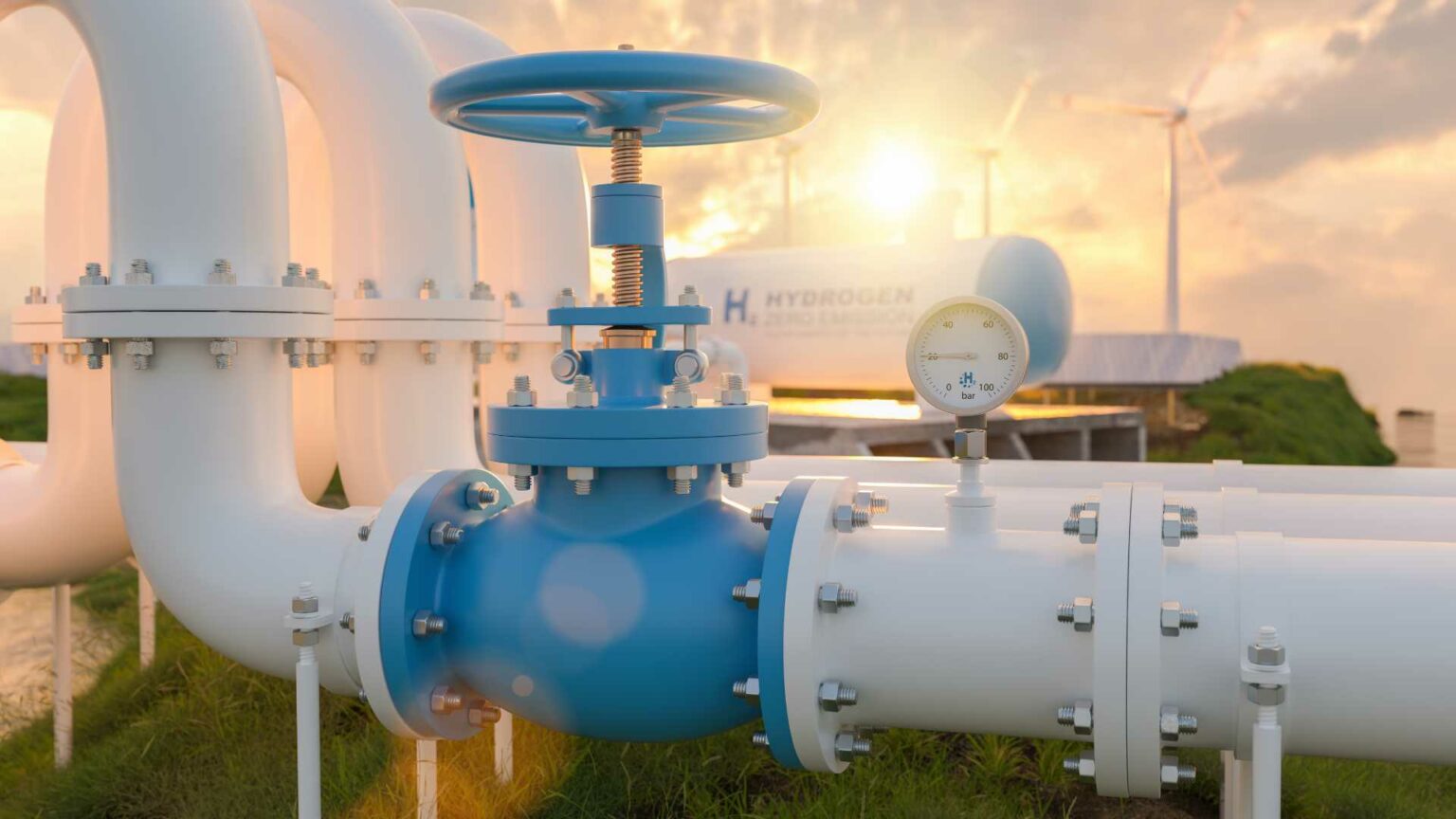Researchers Yuanchen Zhu, Gang Liu, Zhenying Cui, Hongwei Yang, Fang Liu, Baolei Jiang, and Lei Chen have made substantial progress in this domain with their recent study, published in the International Journal of Hydrogen Energy. Their paper, “Effect and Mechanism of Ionic Liquid-Polymer Composite Coating on Enhancing Hydrogen Embrittlement Resistance of X80 Pipeline Steel for Hydrogen Blended Natural Gas Transportation,” offers insights that could reshape pipeline technology.
Relevance in the Hydrogen Sector
Transporting hydrogen, especially as a blended component with natural gas, poses significant technical challenges due to hydrogen embrittlement. In this phenomenon, hydrogen weakens steels, making them more prone to failure. This research addresses this challenge, potentially reducing the risk and enhancing the viability of hydrogen-blended natural gas pipelines.
Main Findings
The study introduces an ionic liquid-polymer composite coating specifically designed to improve the hydrogen embrittlement resistance of X80 pipeline steel. The researchers found that this new coating notably enhances the resistance of X80 steel, making it a more reliable material for transporting hydrogen-blended natural gas.
Technical Details and Methodology
The researchers detailed the application and effect of their innovative coating. The composite was meticulously applied to X80 steel samples, which were then subjected to rigorous testing to evaluate their resistance to hydrogen-induced degradation. This involved a combination of tensile tests and microscopic evaluations to assess the macroscopic and microscopic effects of hydrogen exposure on the coated steel.
Potential Applications
This research has immediate application in the energy sector, specifically improving the infrastructure used in hydrogen transportation. Pipelines enhanced with this composite coating can securely transport hydrogen-blended natural gas, making existing natural gas pipelines valuable in transitioning to hydrogen-based energy systems.
Market Relevance
With increasing investment in hydrogen energy, materials that offer better resistance to hydrogen embrittlement are in high demand. This coating can extend the life and safety of existing pipeline infrastructure, providing a cost-effective solution for energy companies adapting to hydrogen transport.
Broader Implications
Beyond immediate applications, this research could spur further innovations in materials science, particularly in developing advanced composites for various industrial applications where hydrogen exposure is a concern. This advancement could drive a more rapid and secure transition to hydrogen energy, impacting everything from storage to end-use in fuel cells.
Key Takeaways
The study by Zhu and colleagues demonstrates a significant improvement in the resistance of X80 steel to hydrogen embrittlement through a novel ionic liquid-polymer composite coating. This could lead to safer and more efficient transportation of hydrogen-blended natural gas, addressing a major challenge in the growing hydrogen market.
